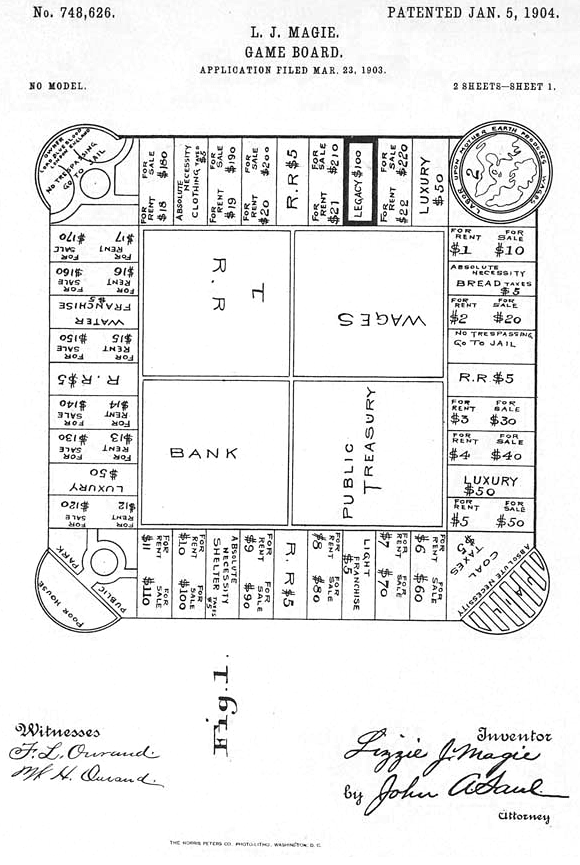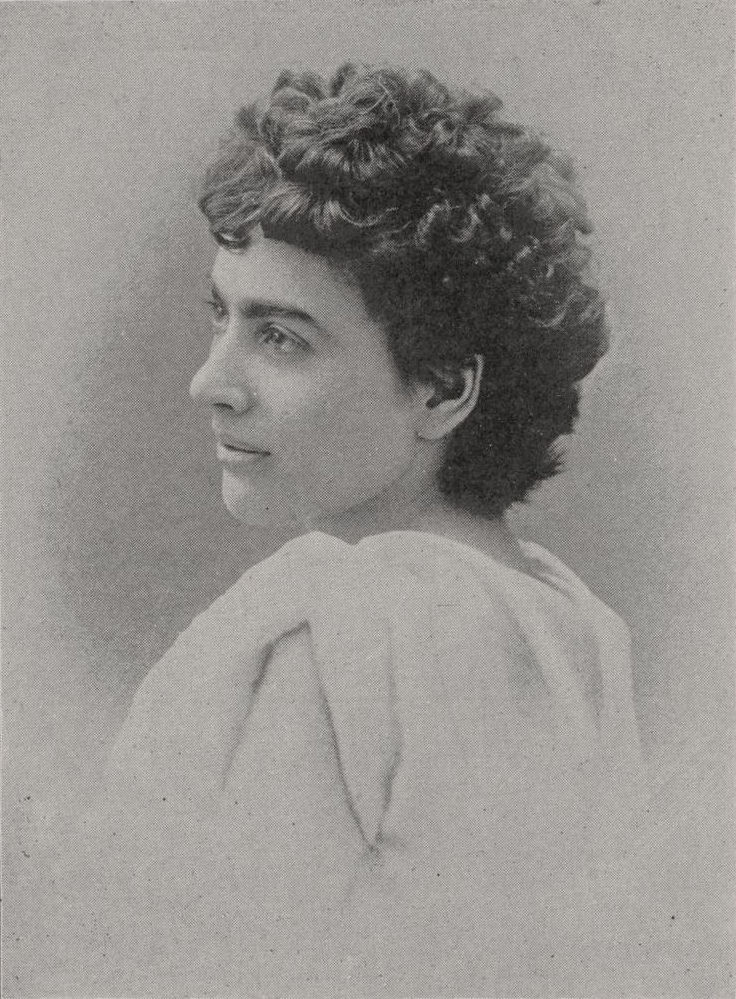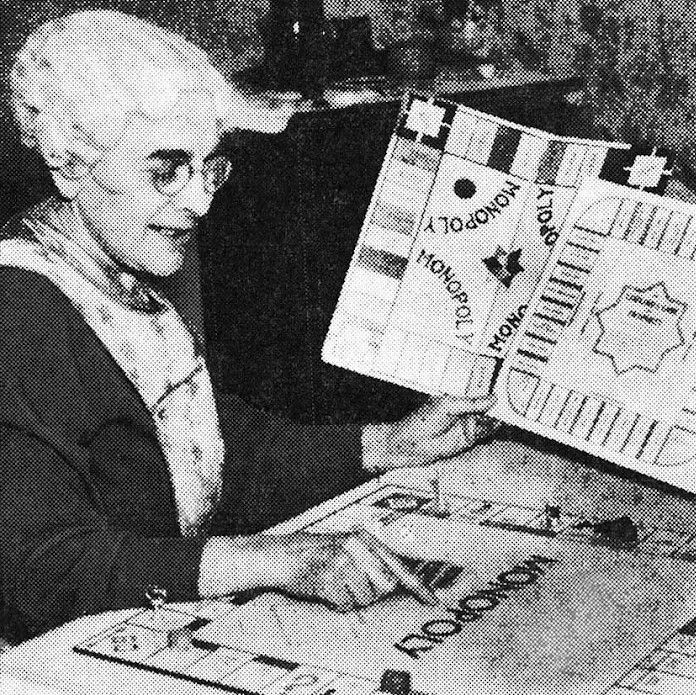Labor Upon Mother Earth Produces Wages | The unsung hero profile of E.J. Magie
- Brandon Childers

- Mar 28, 2022
- 3 min read

The year is 1903, and America is enjoying a significant economic boom. Though in the midst of this emerging culture of wealth, one ambitious innovator recognized growing economic problems looming unaddressed in the years leading up to the First World War and the Great Depression that would follow. These historic landmarks of communication failure were driven by just a handful of the world's most powerful people. A few elitists’ self-serving decisions caused drastic impacts on the livelihood of billions of people, the other 99% of us. This inventor knew they had to not only educate their children in how to avoid the debt trap set by these power-hungry moguls, but they had to make the process fun…
As poverty and famine crept into the country, the groups feeling the worst effects were not yet allowed to vote — insulating the rich from the real harm brought by the economic recession like human shields. Fear of this greedy culture (that tends to flourish where capitalism is protected) drove a pressing need for improved financial literacy — particularly in a young nation so oriented towards avoiding oppressive governance. But where does one begin? How would you teach the intricacies of how utility companies can manipulate a taxpayer without first explaining the difference between rent and mortgage? How do you define the complexities of an intentionally deceptive economic system?
Starting with square one, this creator stayed up late penciling out “The Landlord’s Game,” a first of its kind game that used fake money, and had no fixed endpoint, rather, a goal of simply avoiding bankruptcy. This survival orientation aimed to take the competitive emphasis off of an individual victory, and bring a much-needed focus to the importance of working together — a cornerstone of successful democratic societies.

This educational game prototype was pitched to the Parker Brothers in 1903, where it was dismissed as “too political”. Unwilling to accept defeat, Elizabeth Magie patents her design in 1904 and self-publishes the game. Throughout the duration of her patent protection, popularity became clear as custom boards emerged across the country. So popular, in fact, that the same Parker Brothers that had denied interest in the “Landlord’s Game” created their own version in 1935 - ironically called “Monopoly”. Their knock-off version added a bit of color and changed some street names before eventually selling the trademark to Hasbro in 1991. These companies made many millions of dollars using Elizabeth’s intellectual property.

While the game’s concept is rooted in collectivistic, earthly harmony - its board has taken some wild turns through the capitalism experience, highlighting some of the dirtier characteristics along the way. The game Elizabeth Magie designed to encourage financial justice was ultimately stolen and sold as a game that glorifies the opposite. Her game stemmed from the desire to teach her children how to avoid greed and deception in the tilted playing field of life. Though, over time, people have grown to enjoy the rush of bankrupting their friends and family in the commercialized version - perhaps more exhilarating than trying to market “financial literacy” as a desirable product in the American consumer space.

Today, gamification continues to be one of the greatest assets in an educator’s toolbox. The interaction necessary to build skills in complex topics demands focused engagement. This trail was blazed by Elizabeth Magie. A woman whose name was steamrolled off of her own invention by a cartoon mascot that resembles her warning just a little too well.
"Let the children once see clearly the gross injustice of our present land system and when they grow up, if they are allowed to develop naturally, the evil will soon be remedied."
— Elizabeth "Lizzie" Magie-Phillips

If you enjoy celebrating altruistic innovators be sure to check out this piece on Alan Turing. And if you like Alan and Elizabeth's inventions and want to help us continue using computer science and gamified financial education to improve health and well-being, please join us on Freelance Corporal!




Comments